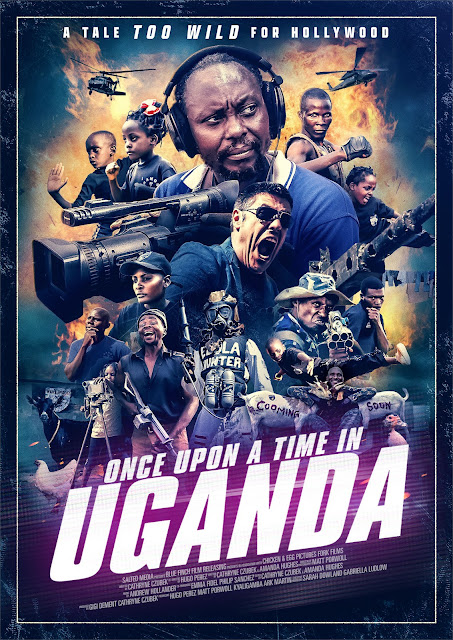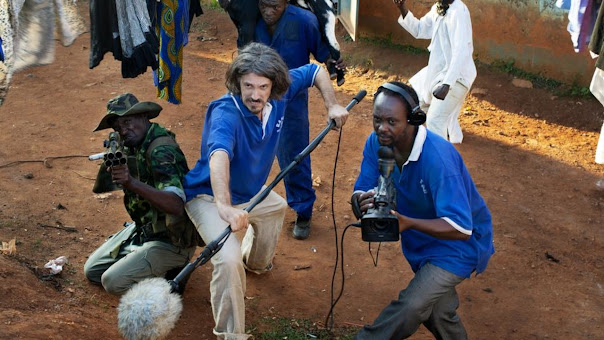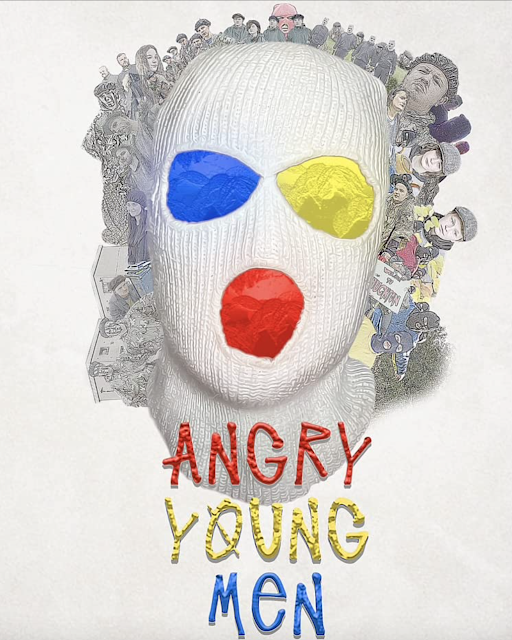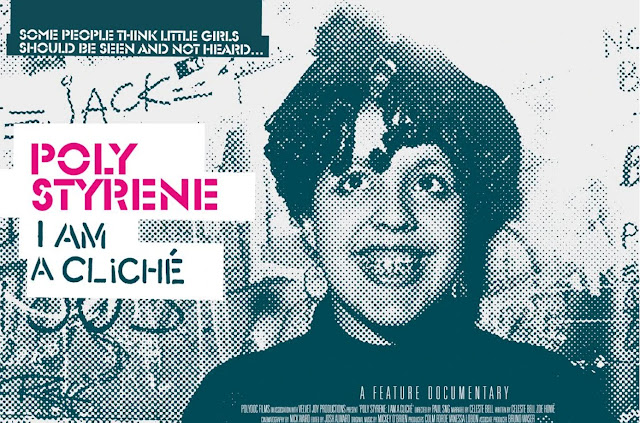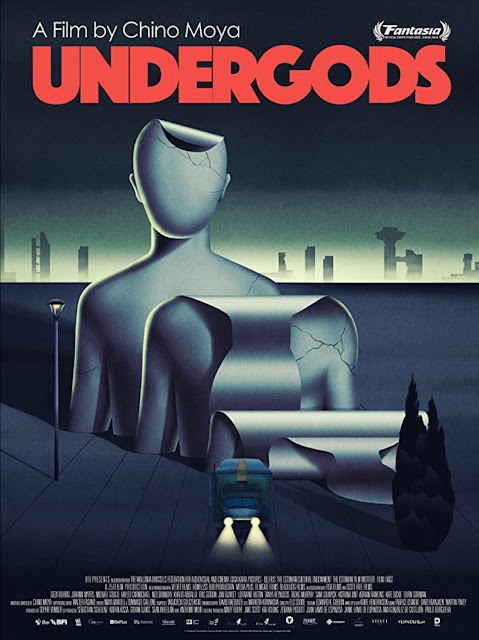After living a lone, solitary life for 40 years, you'd expect Ken Smith to be a grumpy old loner. On the contrary, his is a life built on his own desire to live life on his own terms, but he's welcoming to those who pass by his little cabin on the hills surrounding Loch Treig. Among those visitors is debut director Lizzie MacKenzie, who after knowing Ken for 7 years, persuaded him to allow her to document his unique day to day life.
With a shared passion for photography that's helped forge their bond (Ken has spent decades capturing the beauty of the Loch and the flora and fauna of the surrounding woodlands), Lizzie - whose voice is ever present off camera, talking to Ken - tries to find out why Ken chose this lifestyle, and what he will do when it becomes too unsafe for a man of his advancing years to live so far away from the rest of the world.
Suffering a traumatic attack when he was 26 that lead to a brain haemorrhage and told he'd never walk or talk again, Ken defied the odds by recovering, then decided not to live on anyone else's terms again. After travelling the world he settled at Loch Treig because of its unique beauty and isolated nature. "It's known as the lonely Loch. There's no roads here". Building his own log cabin filled with diaries, notebooks, photographs and slides, living his life the way he wants has been his life's work - but with his once dark hair and beard as white as the snow on the ground around his cabin, the question of what his remaining days will be like lingers, despite Ken's assertion that he plans to live to 102. He knows he didn't choose an easy life, having to walk 27 miles to nearby Fort William and back again when he needs to do something as everyday as posting a letter, but he clearly feels at home on the banks of the Loch, stating "I think if you love the land, it sort of loves you back. It loves you in all the things it produces for you".
The Hermit of Treig is a wonderfully moving, deeply personal documentary about life, ageing, and most importantly, those connections with others that add joy to our lives. His only regular contact with the outside world is a beacon he has to use once a week so the local authorities know he's okay, but Ken clearly loves having Lizzie around, eagerly showing photos of the first log cabin he built before it burnt down - even going so far as to mock up a charming miniature replica from sticks - and playing up to the camera with his many weather-worn hats, and she similarly enjoys his company too, her camera quietly picking up on his failing memory when he misses diary entries or forgets conversations about his blooming roses. It's a gentle, thoughtful commentary that's respectful of Ken and his tenacity.
A fascinating character study with a real emotional punch over the sacrifices his way of life have cost him (Ken reads a letter he sent to his parents when on his travels, hoping they'd meet him at Heathrow airport but unaware they'd passed away in his absence), it in turn shows the strength Ken draws from the landscape around him. As he puts it, "it's a nice life, ain't it? Everybody wishes they could do it, but nobody ever does." The strikes of his axe might be coming down softer than in previous years, but in spite of his wavering vision and balance and a health scare that leads to a brief hospitalisation, he's not ready to give up his singular world just yet, and who could blame him.
Verdict
4/5






